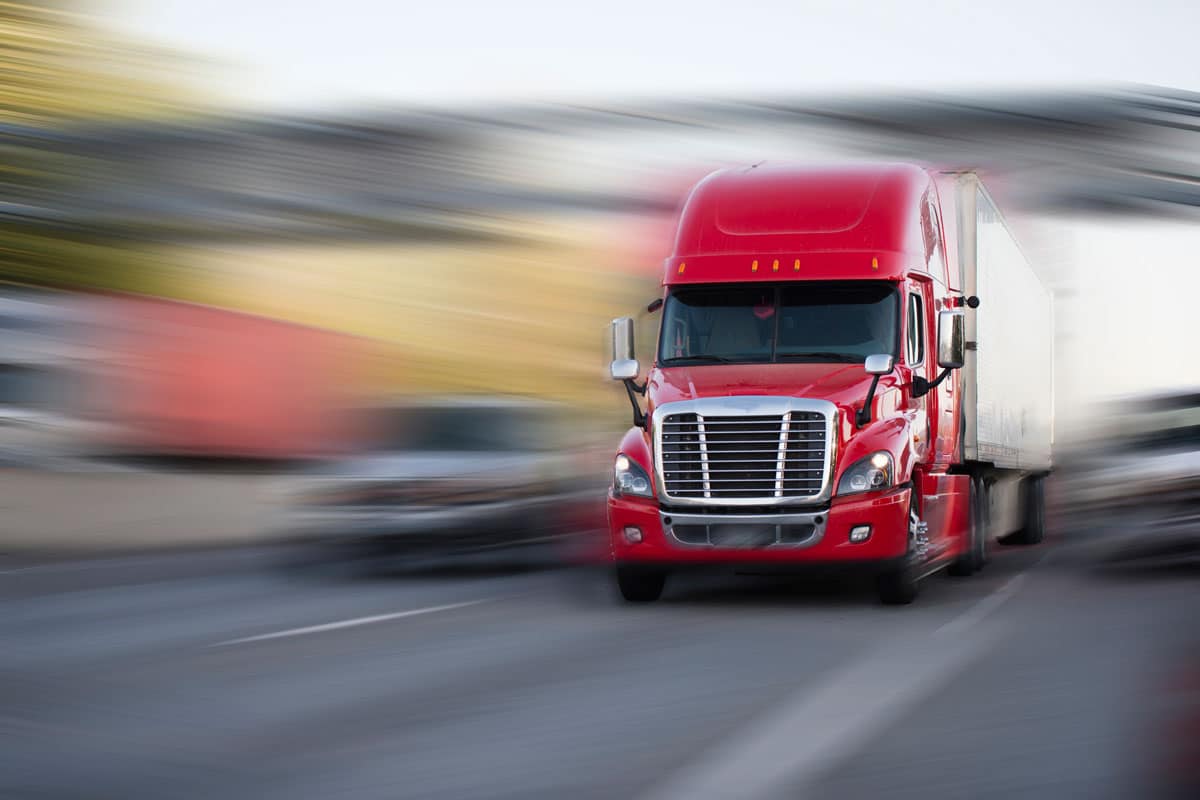Trucking bottlenecks have grown across the country, and the costs are piling up. From Atlanta to L.A., Boston to Louisville, the country’s worst 10 bottleneck locations now report average speeds between 24.7 and 37.4 miles per hour during peak traffic times – negatively impacting all members of the supply chain (Overdrive).
Sources of Truck Bottlenecks and Road Congestion
Today’s bottlenecks and overall traffic congestion come from a confluence of issues. According to the American Transportation Research Institute (ATRI), the U.S. is experiencing:
- More Trucks on the Roads. This is especially true in cities, which account for 91 percent of congestion-related costs (Talking Logistics).
- Aging Highway Infrastructure. While conversations about infrastructure investment continue, the lack of highway investment at the federal level has turned repairing the nation’s roads and bridges into a critical need. In the interim, truck restrictions and bridge load limits have emerged to mitigate short-term constraints (Fleet Owner).
- Higher E-commerce Freight Volumes. E-commerce players are using the hub-and-spoke system, building multiple warehouses in urban areas to keep up with increased demand for speedy shipping. This translates to more shorter hauls and more trucks on the roads, especially for small and medium-sized trucks (Fleet Owner).

[Source]
4 Hidden Costs of Truck Bottlenecks and Road Congestion
Put simply, shipping delays add costs. But to whom and how much? The magnitude is staggering:
- Costs to Carrier Productivity. Time spent looking for truck parking amounts to nearly 10 percent of a driver’s annual wages.
- Costs to Operations. Traffic congestion added $60 billion to operational costs in 2015 while robbing the trucking industry of 996 million hours in productivity.
- Costs to Shippers. Highway congestion, including bottlenecks and other sources of delay, costs shippers an estimated $7 billion per year.
- Costs to Consumers. The costs must go somewhere. Ultimately, congestion raises the price of goods for consumers, who continue to demand fast deliveries.
Solving the Road Congestion Problem
Potential solutions to the traffic congestion problem are underway. Big cities are considering time-of-day restrictions on trucking traffic, and peak or congestion-based pricing schemes. Others are increasing trucking lanes and seeking collaborative shipping opportunities, such as co-loading. Eventually, autonomous vehicles, platooning trucks, and other optimization technology may emerge to take significant bite out of traffic congestion. In the meantime, all members of the supply chain can be a part of the solution by supporting and pushing for infrastructure improvements throughout the country.

